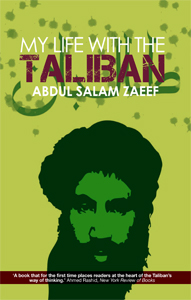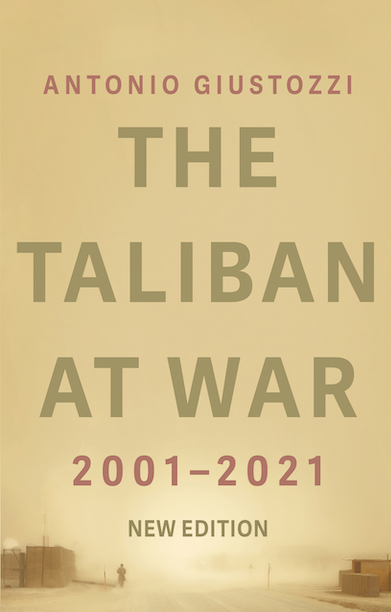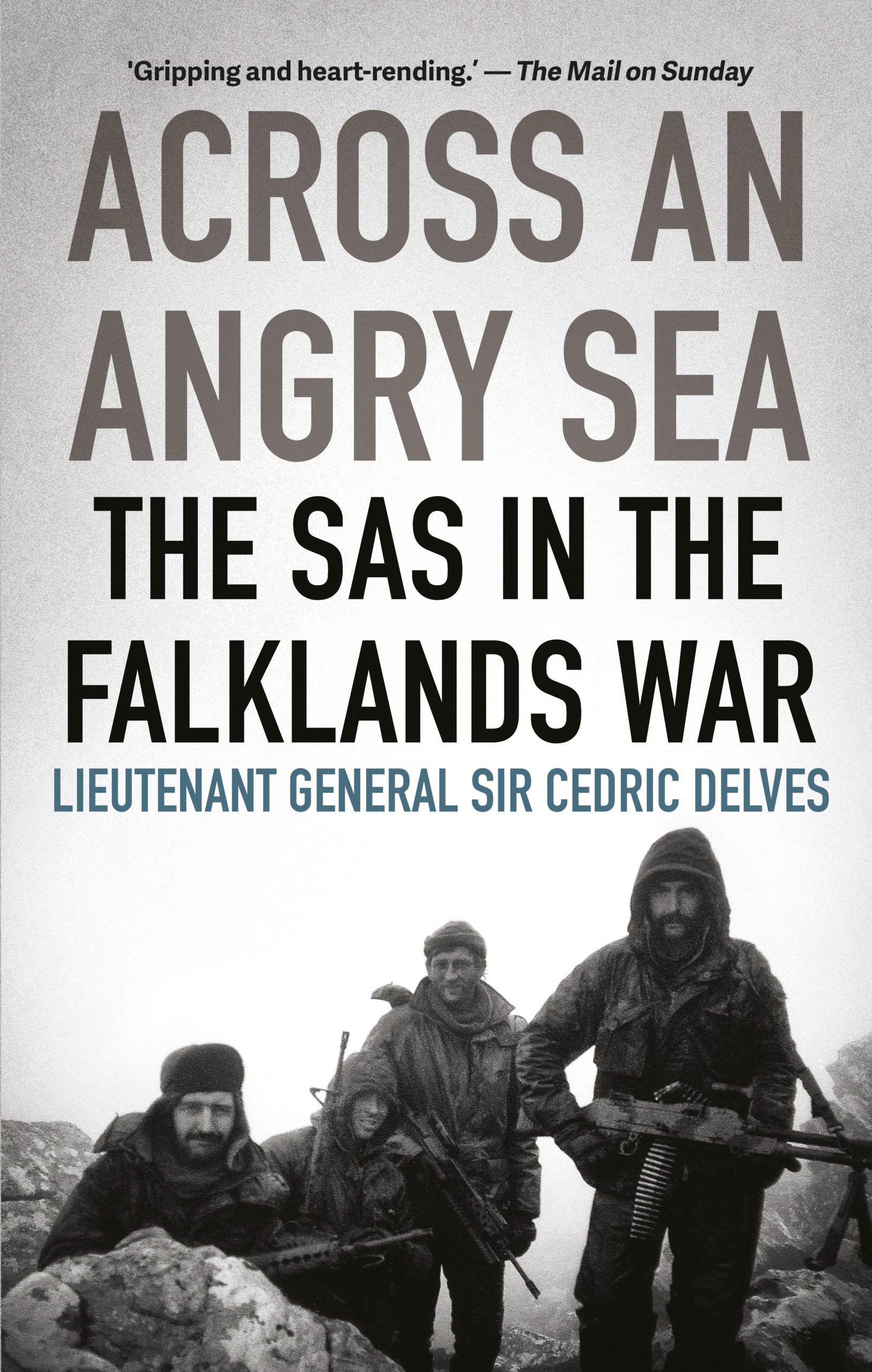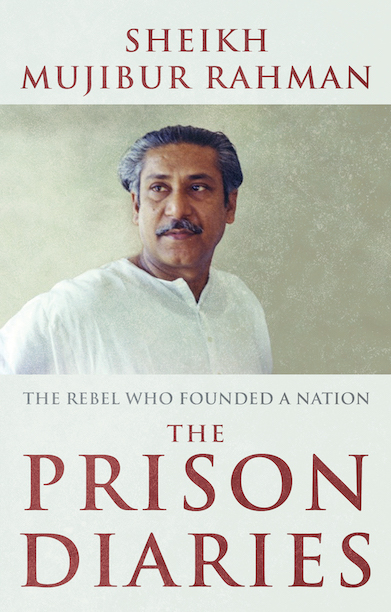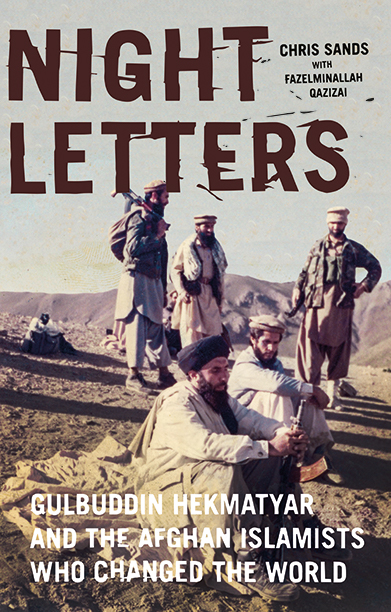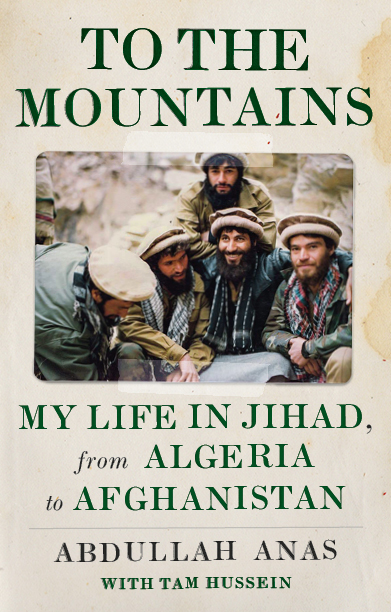My Life with the Taliban
‘Reminded me how valuable it is to read about a movement like the Taliban from its own perspective … the real “intelligence” in the book lies not in its details but in the texture, perspective, assumptions and narratives that it provides from inside the Taliban leadership – a very rare perspective.’ — Steve Coll, The New Yorker
Description
This is the autobiography of Abdul Salam Zaeef, a senior former member of the Taliban. His memoirs, translated from Pashto, are more than just a personal account of his extraordinary life. My Life with the Taliban offers a counter-narrative to the standard accounts of Afghanistan since 1979. Zaeef describes growing up in rural poverty in Kandahar province. Both of his parents died at an early age, and the Russian invasion of 1979 forced him to flee to Pakistan. He started fighting the jihad in 1983, during which time he was associated with many major figures in the anti-Soviet resistance, including the current Taliban head Mullah Mohammad Omar. After the war Zaeef returned to a quiet life in a small village in Kandahar, but chaos soon overwhelmed Afghanistan as factional fighting erupted after the Russians pulled out. Disgusted by the lawlessness that ensued, Zaeef was one among the former mujahidin who were closely involved in the discussions that led to the emergence of the Taliban, in 1994. Zaeef then details his Taliban career as civil servant and minister who negotiated with foreign oil companies as well as with Afghanistan’s own resistance leader, Ahmed Shah Massoud. Zaeef was ambassador to Pakistan at the time of the 9/11 attacks, and his account discusses the strange ‘phoney war’ period before the US-led intervention toppled the Taliban. In early 2002 Zaeef was handed over to American forces in Pakistan, notwithstanding his diplomatic status, and spent four and a half years in prison (including several years in Guantanamo) before being released without having been tried or charged with any offence. My Life with the Taliban offers a personal and privileged insight into the rural Pashtun village communities that are the Taliban’s bedrock. It helps to explain what drives men like Zaeef to take up arms against the foreigners who are foolish enough to invade his homeland.
Reviews
‘A counternarrative to much of what has been written about Afghanistan since 1979 … Zaeef offers a particularly interesting discussion of the Taliban’s origins and the group’s effectiveness in working with locals.’ — Seth Jones, Foreign Affairs
‘Reminded me how valuable it is to read about a movement like the Taliban from its own perspective … the real “intelligence” in the book lies not in its details but in the texture, perspective, assumptions and narratives that it provides from inside the Taliban leadership – a very rare perspective.’ — Steve Coll, The New Yorker
‘Spies, generals and ambassadors will pounce on this book, poring over its pages for clues to a way out of the Afghan morass.’ — Sunday Telegraph
‘An incredibly important book. If your government send soldiers to Afghanistan, you must read this. By revealing the inner workings of the Taliban from its earliest days, Zaeef challenges the accepted wisdom about the insurgency now facing international troops. By the time you finish, you might not sympathize with the Taliban, but you will know them as people, not monsters.’ — Graeme Smith, Emmy-award winning reporter
‘The only detailed insider account of the Taliban … Zaeef is no spokesman for Mullah Omar and the Quetta Shura. But My Life with the Taliban usefully shows that its leaders saw themselves as nationalists, reformers and liberators rather than Islamist ideologues.’ — Jonathan Steele, London Review of Books
‘Zaeef’s book [is] by far the most valuable work in translation to have emerged from the Taliban, and should be on the shelf of every policymaker, analyst or commentator dealing with Afghanistan. It is literally invaluable. … Where this book is most valuable is in its evocation of the world of the Taliban: their deep rootedness in the society of rural southern Afghanistan, as worked on by the experience of war, displacement and the Pakistani refugee camps of the 1980s.’ — Anatol Lieven, Current Intelligence
‘An amazing look into what drives the Taliban and like-minded groups … should be required reading for all foreign commanders and students of political violence … If there is a war to win, the commanders will have to start with understanding the Taliban through careful examination of this book.’ — Ryan Shaffer, Terrorism and Political Violence
Author(s)
Born in southern Afghanistan in 1968, Abdul Salam Zaeef played a role in many of the historical events of his lifetime, from his role as mujahed in the 1980s war against the Soviets, to administrative positions within the Taliban movement, to imprisonment in Guantanamo, to a role of public advocacy and criticism of the US-backed Karzai government following his release in 2005. He lives in Kabul.
